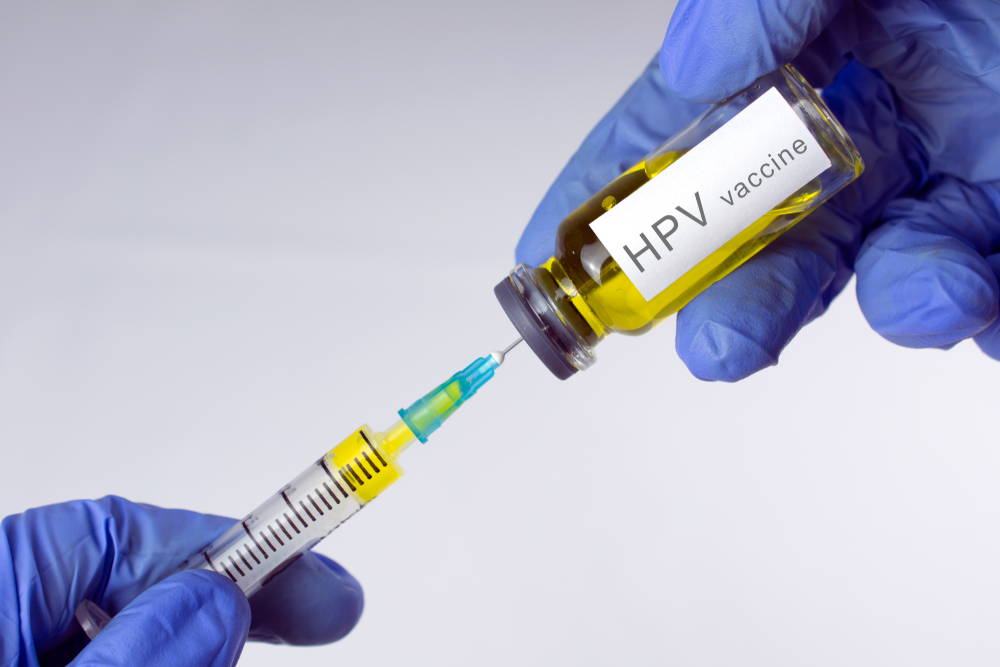Doctors at Harrow Health Care Centre in north London have said that a reduction in cervical cancer thanks to an increased uptake in the HPV vaccine is welcome news, but says one major group continue to be excluded – boys.
The Lancet Review published this week has suggested that use of the vaccine may one day completely eliminate cervical cancer.
The UK has offered the vaccine to girls aged 12 and 13 since 2008, which protects against four types of HPV, two of which, 16 and 18, are related to instances of cervical cancer.
Harrow Health Care said that an 80 per cent uptake of vaccination in girls in the UK was a fantastic success.
They say this attested to the Lancet’s finding that cases of HPV 16 and 18 were down 83 per cent in girls aged 15-19 and 66 per cent in women aged 20-24.
A recent study from Scotland, where uptake is nearer 90 per cent and where more up to date figures are available shows that its vaccination programme led to a 90 per cent cut in pre-cancerous cells.
Jane Woyka, Principal GP at Harrow Health Care Centre, said: “There has been a significant amount of work that has gone into the promotion of the HPV vaccine, and Public Health England has done a wonderful job, especially considering the controversies surrounding a vaccine against a sexually transmissible condition to school-aged girls.
“The official vaccination initiative has created a high herd immunity in the UK’s younger population, which should help to reduce the 3,200 cases of cervical cancer and 850 deaths from the disease each year.
“What’s more, the use of the vaccine has provided cross-protection against other strains, not just the 18 and 16 contained in the initial vaccines, which is improving the health of young women.”
However, the health centre, based at the Churchill Clementine Hospital in Sudbury Hill, said that the failure to protect boys of a similar age meant that the risk of contracting HPV remained.
“Without a full-scale vaccination we are not actually eradicating this virus, which means that it could one day return with a vengeance if vaccination policy changes,” said Jane.
“The Government will start vaccinating boys in the 2019/20 school year, but that means that there are generations of young men out there that have no protection from this disease, which has also shown to cause certain forms of cancer in men as well.”
Doctors and nurses at Harrow Health Care Centre said that in cases where a person had missed out on a vaccine due to their age it may be best to seek out private treatment.
Jane added: “People assume private healthcare is going to be too expensive, but a one-off vaccination against HPV isn’t costly at all when you consider the massive difference it makes in protecting a loved one from contracting this virus or passing it on to another person.”
To find out more about Harrow Health Care Centre’s HPV vaccination plan, please visit www.harrowhealthcare.co.uk/our-services/cervical-screening-hpv-testing/



